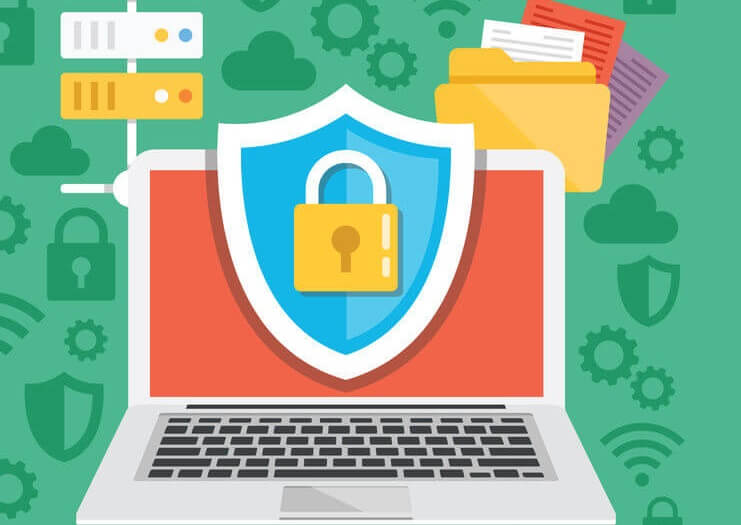Online security DOs and DON’Ts
Security concerns apply inherently to all online platforms. Choosing an online platform
with adequat...
/web/common/images/financial-products/financial-intermediaries/brokers/trade_s.jpg
youtube
Portal-Investment
Article
16/04/2018
Online security DOs and DON’Ts

Security concerns apply inherently to all online platforms. Choosing an online platform with adequate security measures would help to protect yourself, but is this good enough? Your personal online practices play a significant role in helping to protect yourself as well.
| Dos | Don'ts |
|---|---|
|
|
16 April 2018



